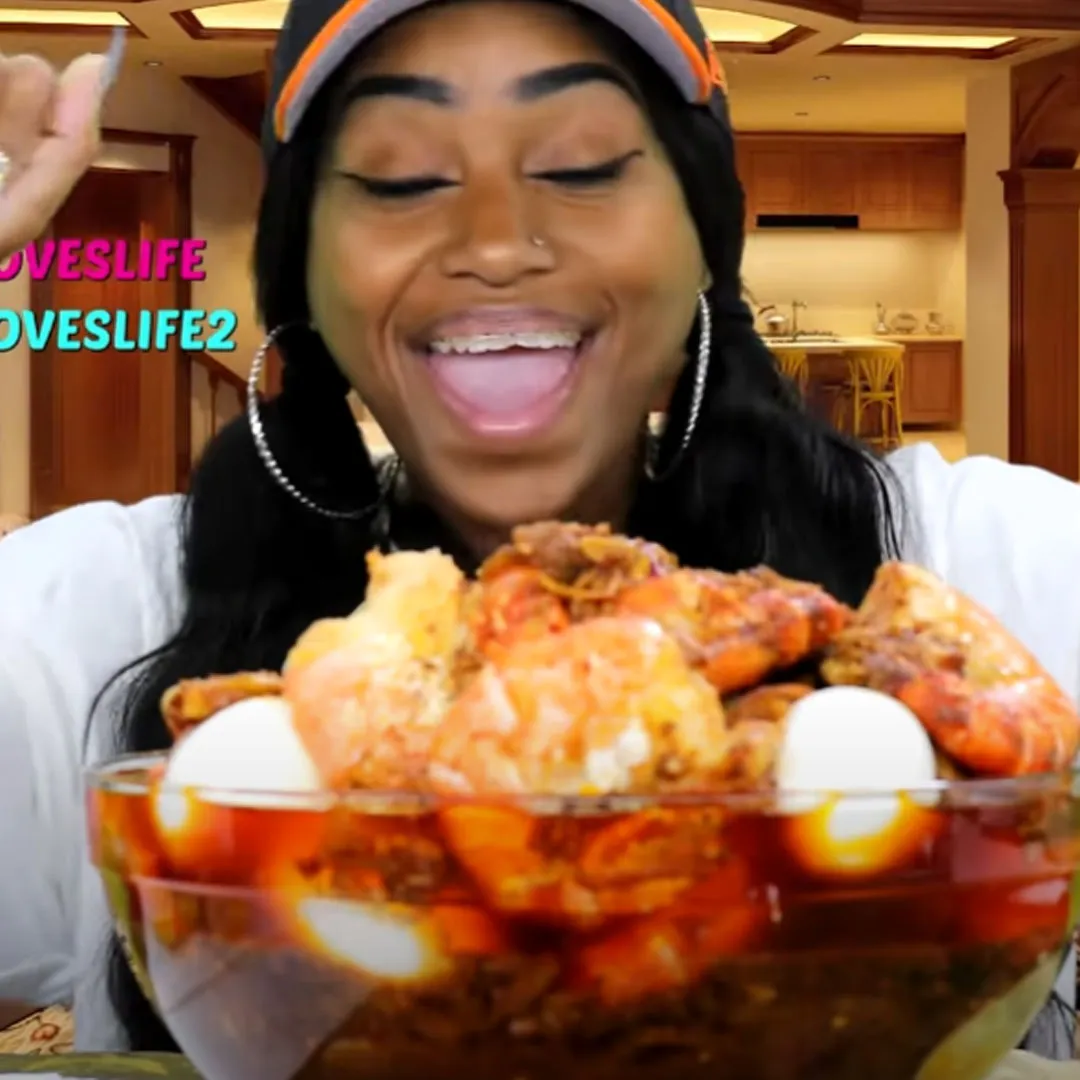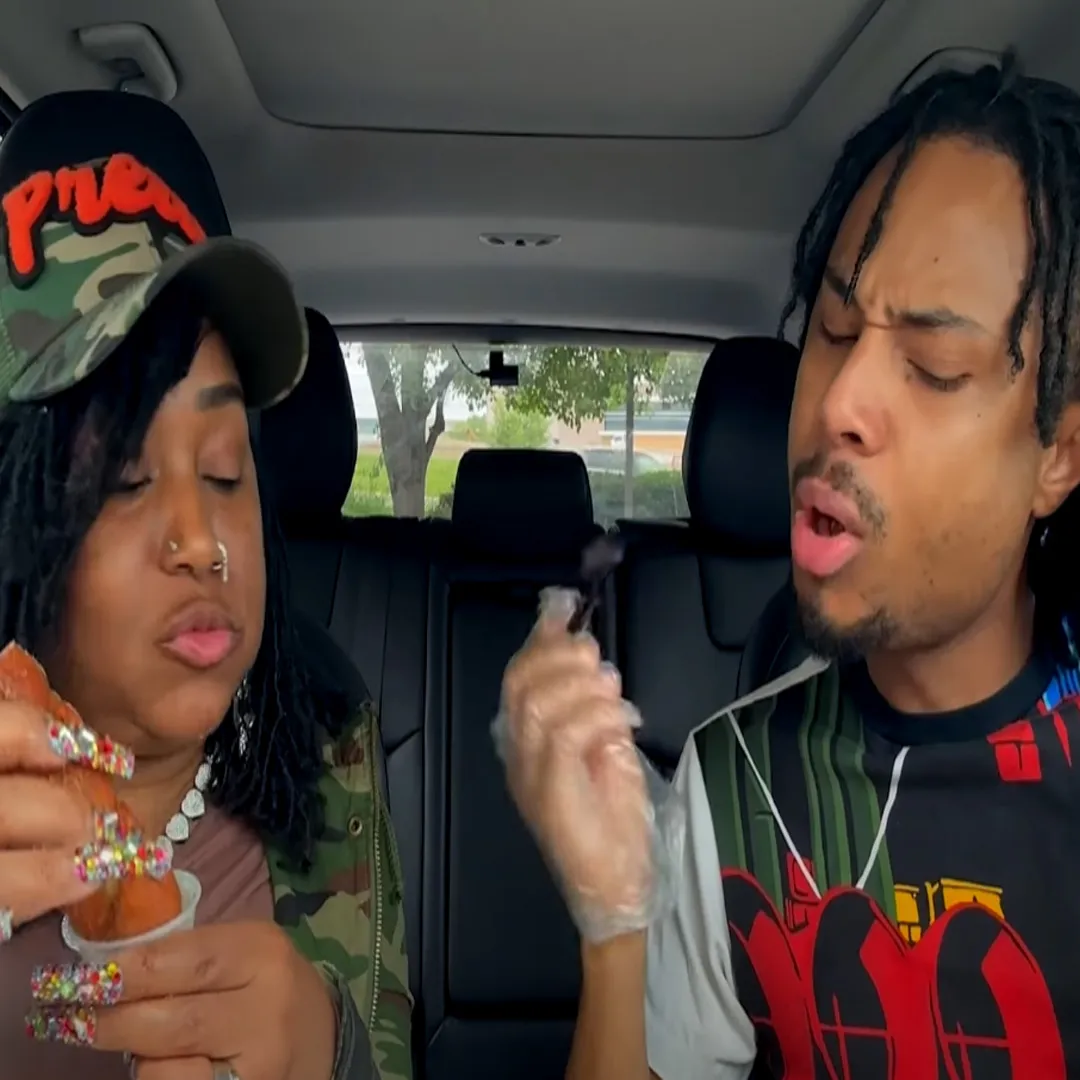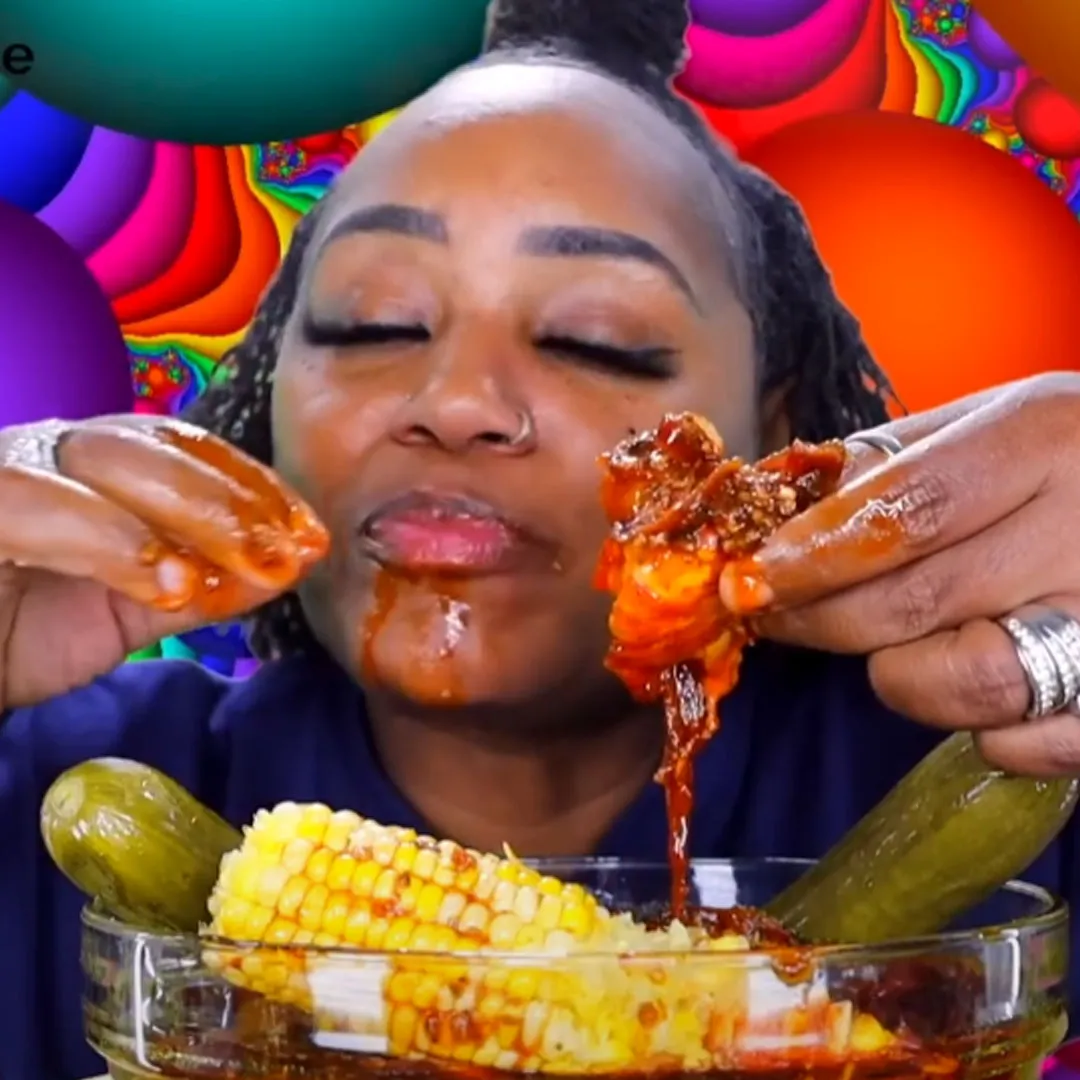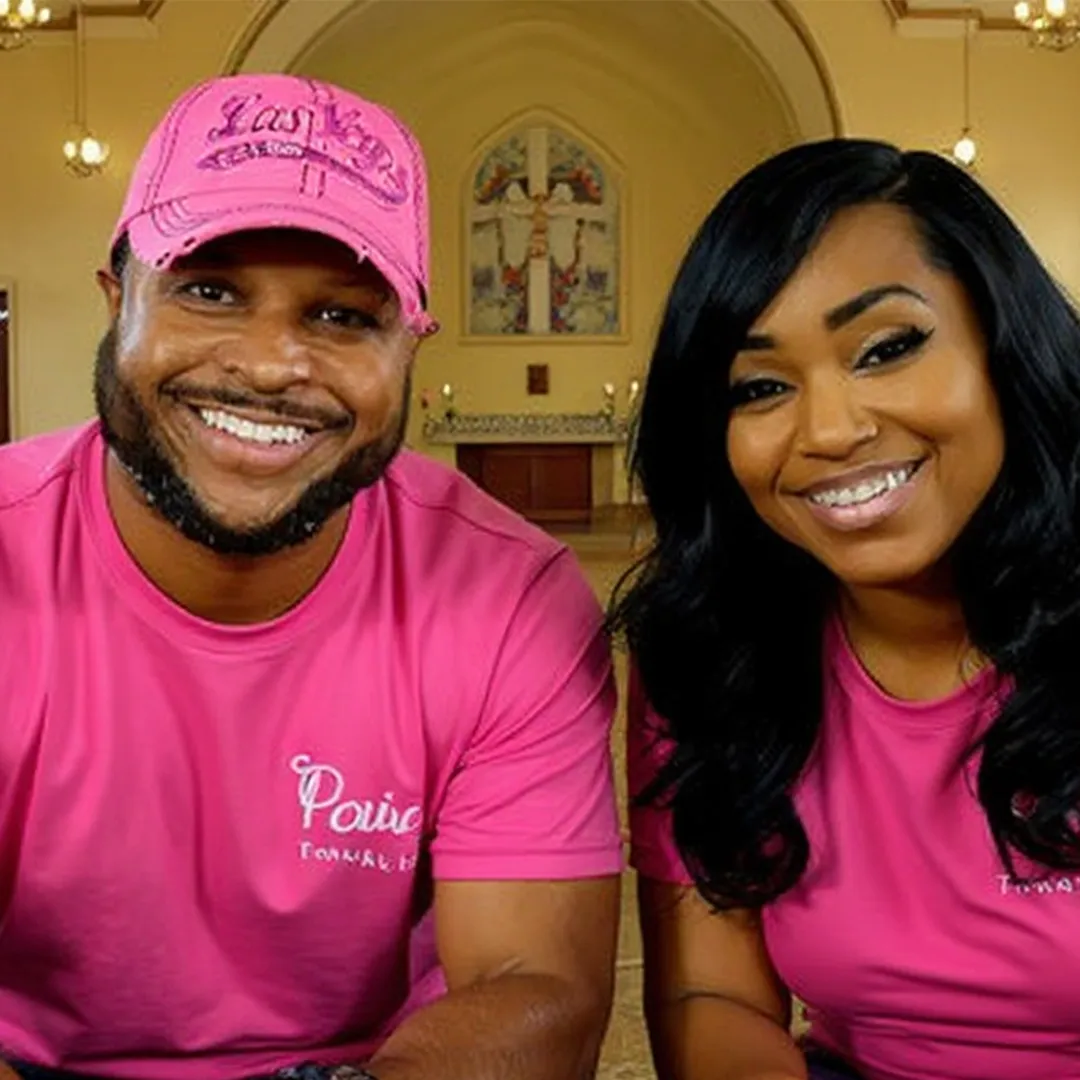Hey family,
Today, while sitting down to enjoy some crab with my son Darius, what started as a casual lunch quickly turned into one of the most profound and eye-opening conversations we've had in a long time. We found ourselves talking deeply about colorism in the entertainment industry—a topic that clearly means a lot to him and now weighs heavily on my heart, too.
I’ve always known Darius to be observant and thoughtful, but today he really floored me with the way he spoke—so clear, so passionate, and so full of truth. He started by pointing out something that many of us may have noticed but don’t often say out loud: some of the most talented artists, especially dark-skinned women, struggle to get the recognition they truly deserve.
order:
- 7.5 Quart Cast Iron Dutch Oven: https://amzn.to/4dcUqms
- Lodge Pre-seasoned Cast Iron Skillet: https://amzn.to/3TyyMSA
- Bamboo Seasonings Box with Mini Spoon: https://amzn.to/4dfHzA6
The Talent That's Overlooked
Darius brought up Jazmine Sullivan—a name he’s mentioned to me countless times over the past few years. He’s always said, “Mom, she’s about to blow up.” And each time she drops something new, he’s there, supporting her, celebrating her vocals, her lyrics, her heart. But even with all that talent, he noted how mainstream success still seems to elude her in the way it shouldn’t. She’s a powerhouse, yet she isn’t often placed in the same category as other artists who may have less vocal range but more “marketable” looks.
And it’s not just Jazmine. Darius mentioned Fantasia, another vocalist with an undeniable gift. He pointed out how so many dark-skinned or fuller-figured Black women bring raw, emotional, soul-shaking performances—but they aren’t given the same opportunities, exposure, or platform as their lighter-skinned peers. According to him—and I agree—it’s not about the music. It’s about the beauty standards that are so deeply ingrained in society and the industry.
Genre, Skin Tone, and the Spotlight
We also dove into how genre and image play a major role in an artist’s career trajectory. Darius explained that Black artists who stay in R&B often hit a ceiling. He used Beyoncé as an example—not to discredit her, but to highlight how her shift into pop and other crossover genres helped her break into a wider audience. He also added, gently but firmly, that her lighter complexion didn’t hurt either. In an industry where image can open doors, that kind of privilege matters more than people are willing to admit.
When I asked about Lizzo, Darius acknowledged her success, including her Grammy win, but noted that her music leans more into pop and alternative, not the traditional R&B lane where so many dark-skinned women remain marginalized. Lizzo's boldness, her confidence, and her embrace of her size have made her a cultural force—but even she has had to battle public scrutiny and disrespect that artists with more “conventional” looks don’t face as often.
Unrecognized Greatness Across the Board
Then we moved on to talk about some of the artists who are finally starting to get a fraction of the recognition they’ve earned. Darius named Coco Jones and Keke Palmer—two incredibly talented, beautiful, dark-skinned women who’ve been working in the industry for years. He pointed out how Keke has been around nearly as long as Beyoncé, yet is only now receiving the credit and opportunities she’s always deserved.
And then there was Viola Davis—a woman whose acting ability is simply unmatched. Darius was quick to remind me that even someone as respected and awarded as Viola still isn’t paid equally when compared to her white counterparts. That hurt to hear, but it’s the truth. This inequality isn’t limited to just music or one genre—it’s everywhere. It’s film. It’s television. It’s every corner of the entertainment world.

A Mother's Reflection
As I listened to Darius speak with such conviction, I couldn’t help but feel immensely proud. It warmed my heart to know that he not only sees these injustices but also cares deeply about fairness, representation, and equality. He’s not afraid to name the problem and speak up for those who are overlooked, ignored, or undervalued—especially Black women with darker skin, who often face both racial and gender discrimination in tandem.
What stayed with me most from our conversation was this truth: Talent isn’t the issue—visibility and opportunity are. And until we’re honest about how colorism and eurocentric beauty standards shape the entertainment industry, we’ll continue to see brilliance kept in the background.
Let this be a reminder to all of us to celebrate and uplift those who have been pushed to the side. Let’s challenge ourselves to look beyond the packaging and recognize the greatness in voices that deserve to be front and center.
Thanks for reading, and as always—stay aware, stay kind, and never stop speaking truth.




